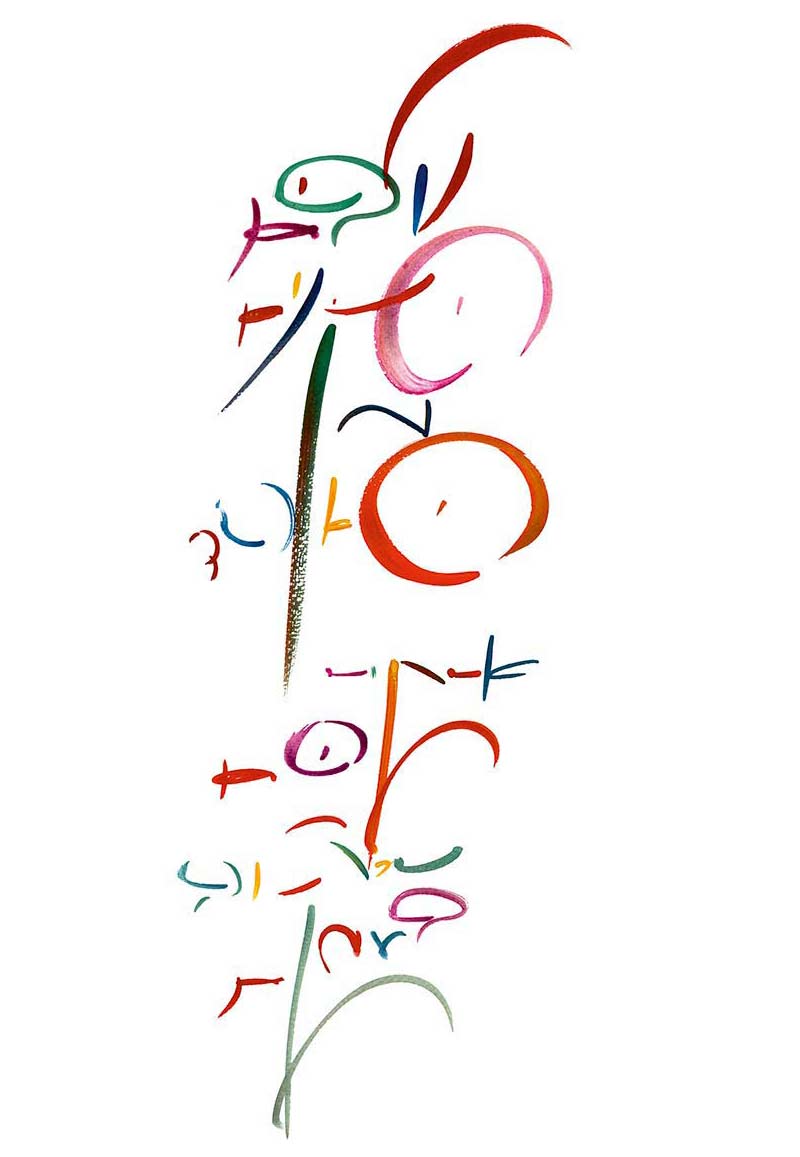Research and Fellowships
Research Projects
The Hebrew Consortium is engaged in four research projects, each with a designated team and an undergraduate research assistant sponsored by Brandeis University.
- Supporting Hebrew Educators as Lifelong Learners of Israeli Culture
Vardit Ringvald, Yaron Peleg (Cambridge University), and eight scholars from various disciplines are analyzing survey data from Hebrew educators regarding what should be taught about Israeli culture. Findings will be included in a chapter on “Cultural Competence and Second Language Acquisition” by Vardit Ringvald. The scholarly articles will be published in a special issue of the Israeli Studies journal in 2026. - The Role of Hebrew Language Programs in Combating Antisemitism Among University Students
Vardit Ringvald and Liram Koblentz-Stenzler (Reichman College, Israel) are currently collecting data at 10 higher education institutions in North America. - The Hebrew Teaching Profession Through the Lens of Hebrew Learners
Vardit Ringvald and Jennifer Eddy (Queens College) are creating a survey to explore how learners of Hebrew in higher education perceive the profession of Hebrew teaching and applying for permission to conduct the study through Brandeis. - Perceiving Hebrew Culture from Afar
Vardit Ringvald, Prof. Faisal Al-Asiri (King Saud University), and Rima Farah (Northeastern University) are examining how Hebrew learners at King Saud University perceive Israel through reading authentic cultural texts.
Additional Research conducted by The Hebrew Consortium
Research about “Hebrew Education after October 7th,” conducted by Vardit Ringvald and Sharon Schoenfeld, was recently presented at the Mandel Center for Studies in Jewish Education’s Seminar on Contemporary Jewish Life (CJL) at Brandeis in April; at the annual conference of the National Association of Professors of Hebrew (NAPH), which took place in London in June; and in Tel Aviv, Israel in June at the 23rd annual Israeli Association of the Study of Language and Society.
The authors also wrote a chapter in a book titled "Education after October 7: Essays about Teaching and Learning in the Jewish Diaspora". This newly published book is now available for purchase on Amazon.
Working Groups
 Izzy Pludwinski's Two Are Better Than One, 2002, "The Beauty of the Hebrew Letter," Brandeis University Press.
Izzy Pludwinski's Two Are Better Than One, 2002, "The Beauty of the Hebrew Letter," Brandeis University Press.
The field of teaching second/foreign languages requires language teachers to include the study of culture in their teaching goals. This requirement creates the need to train them in tools to understand all aspects of the target culture as well as the pedagogical approaches used in their classroom. This development has presented a new challenge for teacher training programs. The goal of this working group is to unpack these challenges in the context of programs that train Hebrew educators by inviting a group of researchers and practitioners from a variety of academic disciplines to discuss the following topics:
- Current research on best practices on how to train foreign language teachers to include the teaching of culture in their curriculum;
- Development of Israeli culture;
- Israeli culture through the lens of Israeli literature, visual, and performing arts;
- Hebrew language as representation of culture;
- The role of the “other” in the development of Israeli culture;
- New trends in pedagogical approaches in teaching culture in language classrooms.
Fellowships
A Mentor Educator is assigned to each Hebrew Fellow in the school in which they teach. The Mentor Educator accompanies the Hebrew Fellow and assists them in developing their understanding of the pedagogy of teaching Hebrew. For this, the Mentor Educator, or their school, receives a $600 award.
At the conclusion of the fellowship, the Hebrew Fellows and Mentor Educators submit joint reflection presentations; these reflections are used by The Hebrew Consortium to understand the benefit of this experience. Additionally, the Mentor Educators are requested to submit a paragraph of feedback on the fellowship experience; this feedback is solicited to continually enhance the Hebrew Language and Culture Fellowship.
The Hebrew Consortium, in collaboration with the Brandeis Hebrew Program, offers Brandeis undergraduates the opportunity to shadow a Hebrew native speaker whose expertise is related to the student's academic and professional interests. This experience can take place in the U.S., Israel, or other locations, including the student's home country. A final project, such as a research paper or a creative product (e.g., literary work, short documentary film, etc.) that reflects the student's experience is required after the duration of the fellowship. This exciting opportunity is made possible by a generous gift from the Morningstar Foundation.